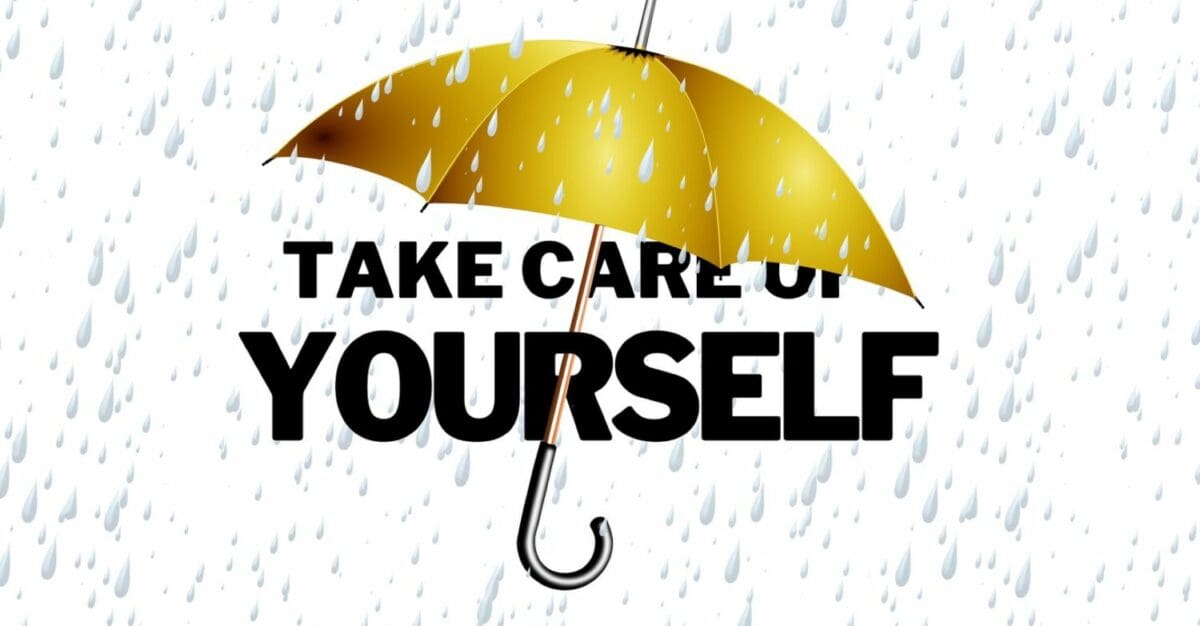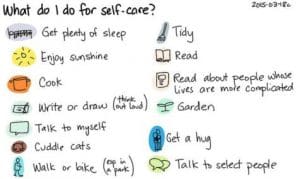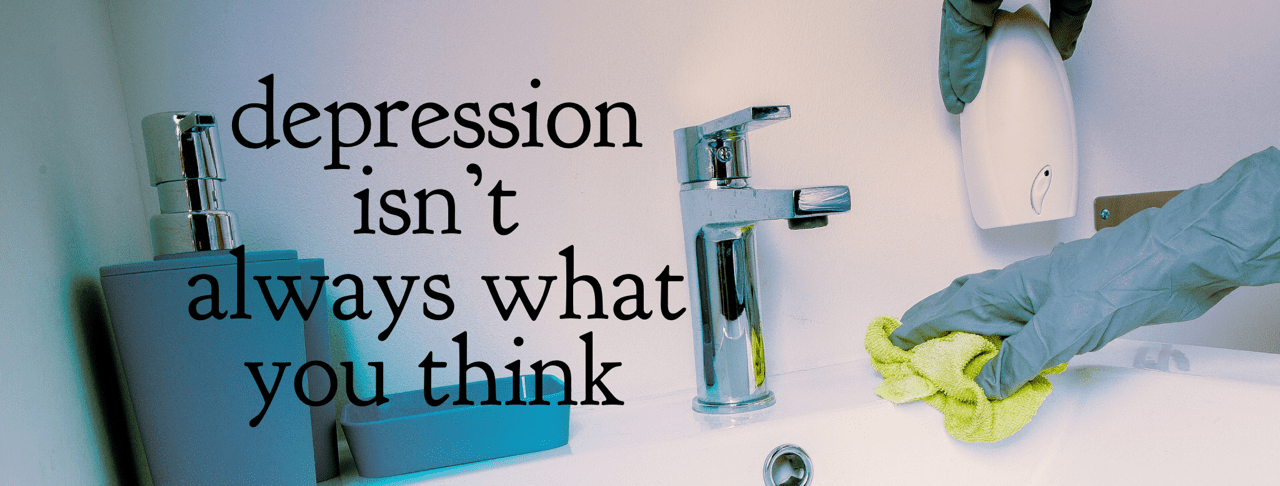
What is self-care?
January 30, 2018 in Educate Yourself
You may have heard the term “self-care” being used on social media or in interactions with other people. It’s an idea that has only recently become popular.
I have seen arguments both for and against self-care. Some people believe it’s a selfish fad that emphasizes narcissistic behaviors and attitudes, because of the focus on “self.” But if you think about it, a lot of people our age, especially girls, have been trained to take care of other people before we take care of ourselves.
One primary purpose of self-care is to set boundaries, recharge yourself, and establish disciplines that help you be happier, more relaxed, and better able to function in your relationships with other people.
I have anxiety that is present pretty much all the time. In order to be the best person I can be, I have adopted self-care practices to help me let go of some of that anxiety at the end of each day.
So, what exactly is self-care?
Self-care is dedicating time in your busy schedule to do things that make you better able to live up to your responsibilities and also to enjoy your life. If you Google “self-care,” most of the examples that you’ll find online include relaxation techniques, like doing facial masks and listening to meditation music. They include buying lots of stuff for yourself—scented candles, bath bombs, makeup … basically indulging in consumerist self-gratification.
However, many other articles and people in their comments sections list examples of self-care routines that are behaviors and choices—such as not just driving, but driving with the windows down so you can feel and smell the air. Or taking a long and peaceful hike through nature, without your earbuds in, or maybe without your phone at all. Self-care doesn’t have to cost a lot of money. Depending on your energy level, and if you really dedicate yourself to the process over time, self-care can actually be quite an active process.
My self-care routine is pretty simple. When I get home after classes, I like to give myself some alone-time before going out with my friends or boyfriend. I enjoy spending time by myself. Choosing to be by myself helps reduce my anxiety level. I relax on my bed and watch YouTube videos of beauty bloggers or comedians while I send out some texts and play around with the apps on my phone.
Other days, I go to my bookshelf and read some books that I haven’t gotten to yet. It may seem incredibly simple or boring to some, but these choices help me release my anxiety, and they make me feel a lot better. I frequently feel refreshed afterwards and ready to go out, or to stay in and study some more.
Here is a link to a cool website called Tiny Buddha that has a list of things you can do for self-care for body, mind, and spirit.
What has been your idea of self-care? Is it easy or hard for you to do things to take care of yourself and your mental health? What are some of your self-care routines that you’d recommend to others? Leave your comments below!








Recent Comments